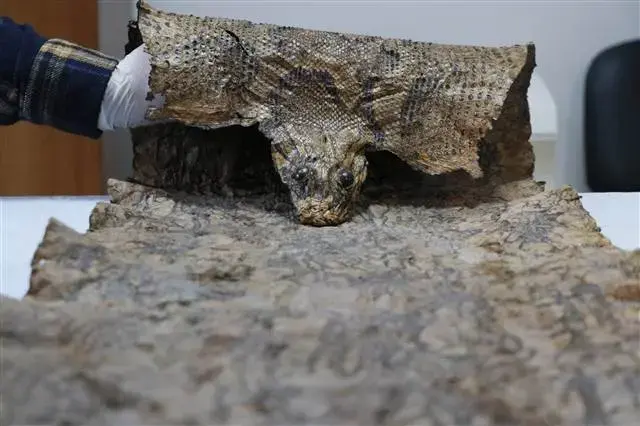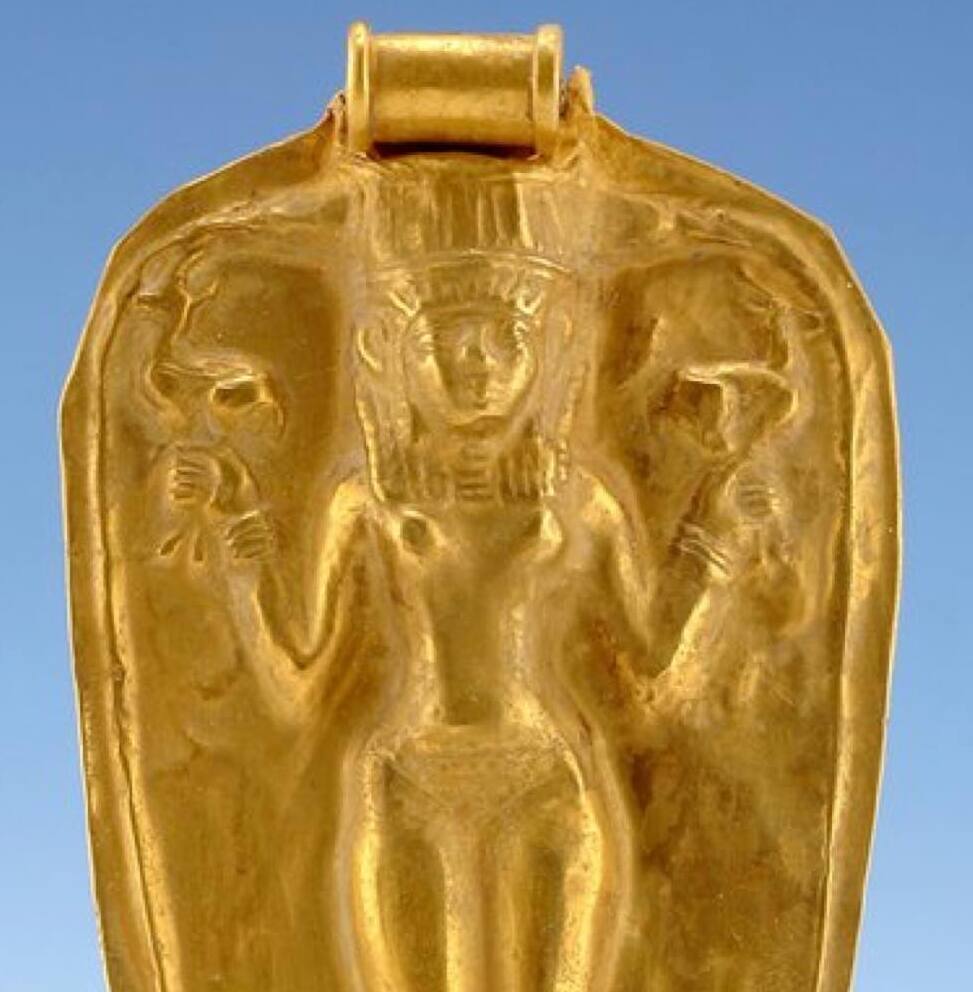In 2021, an operation conducted by the Turkish Gendarmerie in Şanlıurfa resulted in the seizure of a unique embroidered python skin believed to be of medieval and Egyptian origin. During the search at the location of the antiquities smugglers, a python skin approximately 4 meters long, adorned with hand-carved figures, was discovered. Experts stated that this artifact is an important source for illuminating the belief system of the period.
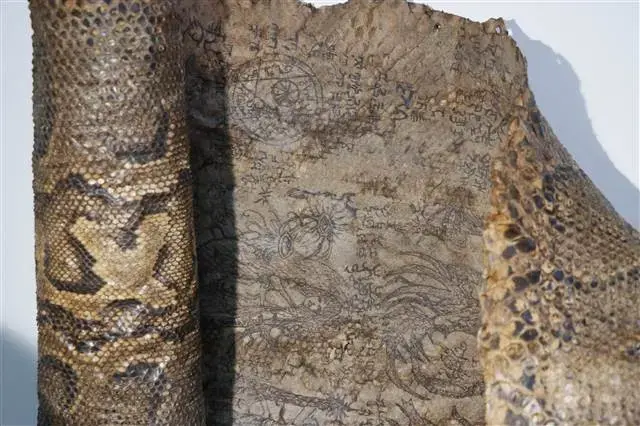
The ancient Egyptian civilization is recognized as a culture with a developed belief system and strong rituals, demonstrating that magic and amulets held significant importance in daily life, particularly in the transition to the afterlife. Amulets are known to be small objects made from materials such as stone, metal, or leather, inscribed with specific symbols and writings. It was believed that these objects protected the bearer from evil spirits, diseases, and other negative influences.
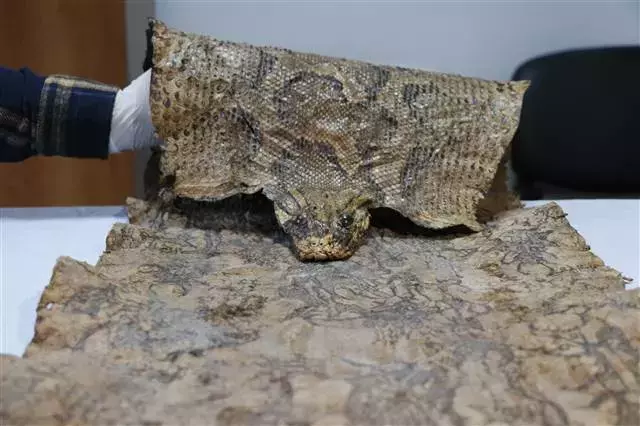
In ancient Egypt, amulets served various functions, including protection, bringing good luck, providing guardianship in the afterlife, and indicating social status. They were made from hard stones like granite, basalt, and quartz, as well as precious metals such as gold, silver, and bronze, colorful glass beads, and animal hides.
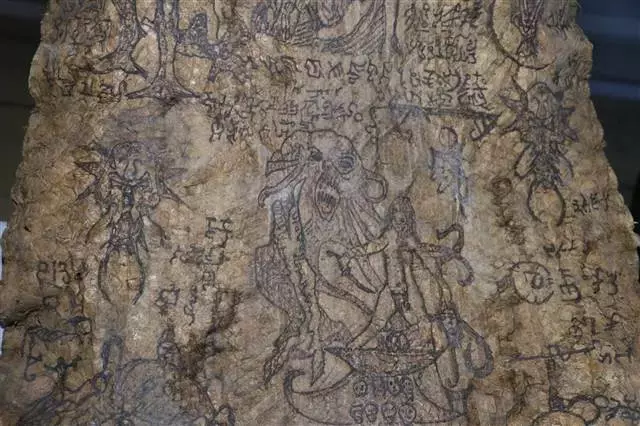
Additionally, the operation on that day resulted in the seizure of five religious books from the medieval period, two handwritten religious texts on leather, two book boxes, and a parchment containing religious writings.
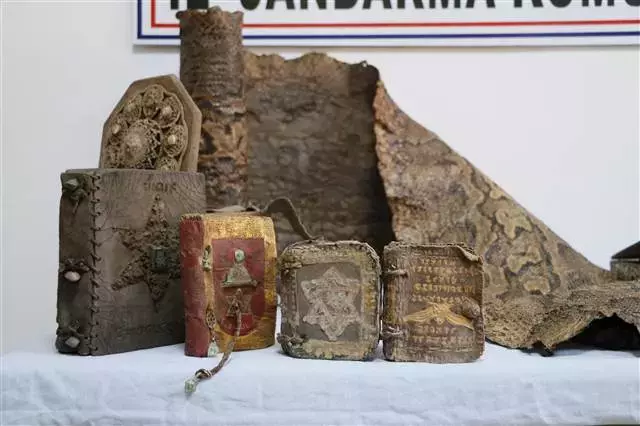
The unique artifacts seized in Şanlıurfa offer an important opportunity to understand the profound belief system of the Egyptian civilization and the religious practices of the medieval period.
